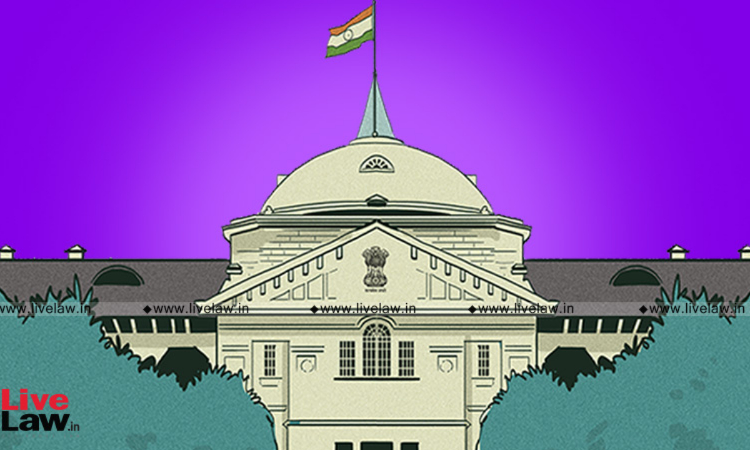Allahabad High Court Begins Publishing Translated Judgments In Hindi
Sparsh Upadhyay
28 March 2023 9:27 PM IST

Next Story
28 March 2023 9:27 PM IST
The Allahabad High Court has started publishing judgments translated into the Hindi language. The decision was taken soon after Justice Pritinker Diwaker took oath as the new Chief Justice of the High Court.The first judgment that has been translated from the English language to the Hindi language relates to a direction to the UP Government to prepare a revised select list of 69,000...
